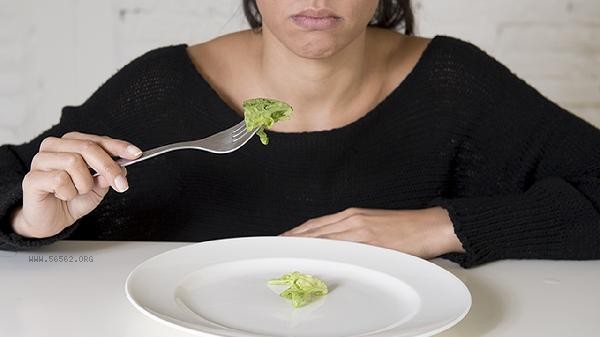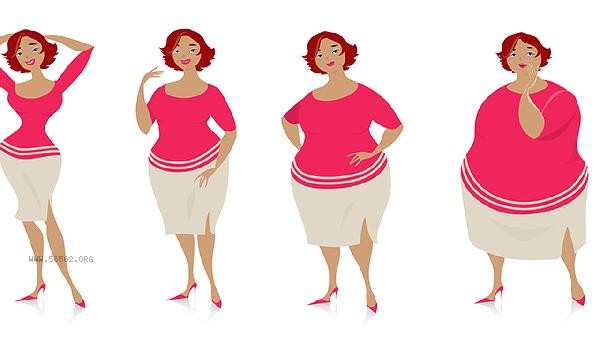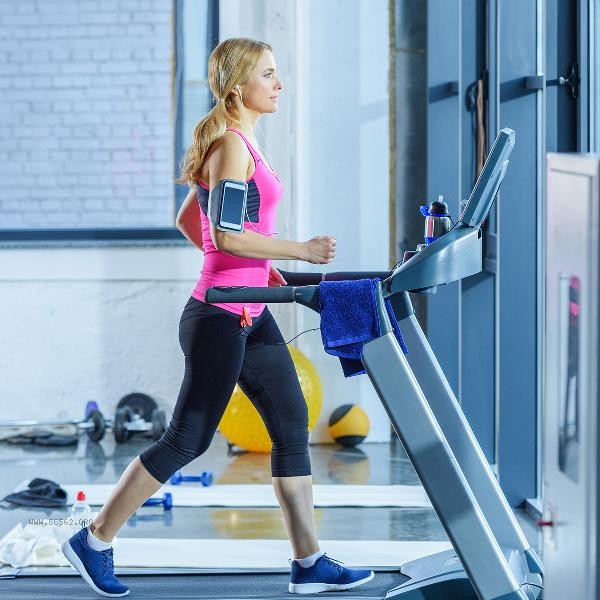The most effective stage for weight loss during the menstrual cycle is usually from the 7th to the 14th day after the end of menstruation. During this stage, estrogen levels increase, metabolism accelerates, and fat burning efficiency improves, making it suitable for moderate exercise and dietary control. The 7th to 14th day after the end of menstruation belongs to the late follicular phase to ovulation phase, during which the secretion of estrogen in the body reaches its peak, which can promote glycogen synthesis and fat breakdown. The increase of estrogen can suppress appetite, reduce the desire for high sugar and high-fat foods, and improve insulin sensitivity, helping the body to use glucose more efficiently. At this stage, the basal metabolic rate increases compared to the menstrual period, and more calories are consumed under the same amount of exercise. It is particularly suitable for aerobic exercise such as jogging, swimming, or high-intensity interval training. Combined with a protein and dietary fiber rich diet, it can achieve good weight loss effects. The luteal phase one week before the menstrual period is not suitable for high-intensity weight loss. At this time, the level of progesterone increases, and the body is prone to edema, increased appetite, and especially an increased demand for carbohydrates. Forcefully controlling one's diet may lead to emotional fluctuations and overeating. It is recommended to maintain moderate exercise such as yoga or walking during this stage, and increase the intake of foods rich in B vitamins and magnesium, such as whole grains and dark green vegetables, to help alleviate premenstrual syndrome and prepare for the next cycle of weight loss.

Weight loss requires adjusting strategies based on the characteristics of the menstrual cycle, avoiding excessive pursuit of weight loss during the luteal phase, and focusing on the metabolic advantages from the follicular phase to the ovulation phase. Maintaining a balanced diet and regular exercise in the long term is more sustainable than short-term weight loss. supplementing with iron and high-quality protein during menstruation can help maintain physical fitness. During exercise, avoid abdominal compression movements and gradually restore exercise intensity after menstruation.











Comments (0)
Leave a Comment
No comments yet
Be the first to share your thoughts!